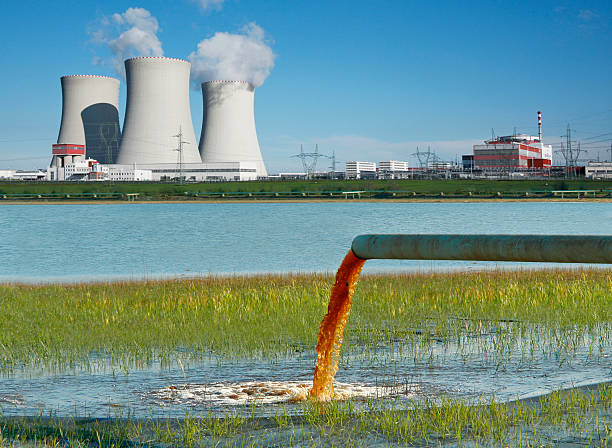The world’s rivers have been a significant contributor to the world’s economy. The 19th century turned the economy around with the industrial revolution. Long before the industrial revolution, human settlements were found near water bodies. Traveling through water bodies was the only way to meet loved ones or conduct business across borders. These world rivers helped generate power for machinery, electricity, and flour mills.
Gradually, as time passed, technology surpassed almost every task conducted by humans. The revolution is technological advancement reduced human labor that led the path for new inventions. New inventions that help reduce human labor and increase productivity are in high demand worldwide. The increased demand for new technology and innovations has led various countries to become friends or foes.
Interference of Humans and Technology Resulting In Killing The World Rivers
At a glance, it may seem that there is no direct connection between humans, technology, and the world’s rivers. Indeed, the typical person may not directly contribute to killing the world’s river, but every commercial purchase now pollutes the river. The main motive of the industrial revolution was mass production in a short amount of time. In the early days, large consumptions of water or coal produced electricity.
While modern development was a booming success for every market sector, the environment took a significant hit. The crumbling downfall of the environment and killing of the world rivers has been an accumulation of decades of pollutants. Every product produced in large or small quantities requires consistency. All products are made via heavy machinery to attain uniform shape, color, taste, appearance, and consistent packaging.
The packaging of products itself especially consumes large amounts of plastic that leave behind toxic residue. The toxins left behind from large production factories are not ideal for disposing of or storing. Nevertheless, somehow various toxins and chemicals end up in water bodies daily resulting in killing the world rivers. As we all know, demand is directly proportional to supply. The higher the demand for products by consumers, the faster the supply.
Large productions, sales, shipping of said products, chemical and oil spillage, detergent leaks, animal waste are all artificial killers of the world rivers. Before the industrial revolution, dumping waste into rivers and other water bodies was common practice. An alarming rise in river pollution has drawn worldwide concern leading to environmentally protective laws.
Rivers are also the primary water source in many developing countries that do not have water treatment plants. Once these water sources are polluted, it is almost impossible to restore them. Fracking is another example of polluting water bodies by not observing standard safety measures. Various oil spills have occurred in fracking regions that have released toxins in the neighboring water supplies.
In Conclusion
Controlling and preventing water pollution is more straightforward than it seems. Some of these preventive measures include – water treatment, mindful disposal of toxins and chemicals, preserving nearby water bodies, plants, and animals. In other words, we only have one planet before we let greed consume it. The world is moving at lightning speed which requires us to keep up or lose out on an opportunity due to not being fully equipped. Nevertheless, we can still do our part to save the environment one day at a time.

1 Comment